WARNING: SOME MAY FIND POST DISTURBING.
By Guest Blogger Kelly Sons
My name is Kelly. I am a mom of six, a wife, a writer and president and founder of my local chapter of Mothers & More. I am also on a first name basis with Richard Ramirez, I exchange letters with Charles Manson, and speak regularly to most of the women on America’s death row. How’s that for “on the fence?!”
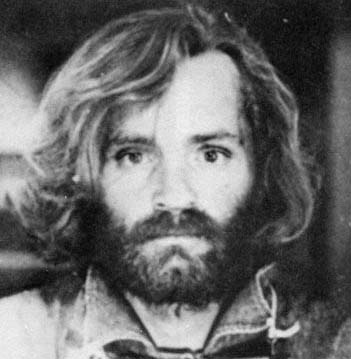
In between writing gigs, parent/teacher conferences, karate lessons, baskets of laundry, loads of dishes and homework filled evenings, I am a prison rights activist, inmate mentor and crime blogger at The Woman Condemned.
The most often asked question I get is “why?” followed soon after by “how?” This never fails to amuse me because it was those very questions that started me on this path.
I grew up in a home where a certain amount of criminal activity was par for the course for us. My stepfather was a notorious local criminal in and out of correctional facilities from the moment he came into my life at 5 years old. With crimes ranging from the uber-violent to the exceedingly stupid, we often found ourselves getting the hell outta dodge, and as a result, I found myself in a different school every year of my life until I was just about to start high school.
My mother was a consummate narcissistic enabler, and I grew up with a certain feeling that the cops were out to get us. We were “working class stiffs,” my mom would explain. We couldn’t make it on the regular wages others were scraping by on. No. Dear old dad loved us way too much to settle for that! He was supporting his family in the way he knew best.
Growing up, my personality morphed and meshed and went into survival mode in order to find a way to make life manageable amongst the criminal element that was my family, friends and peers. I was constantly creeped out by some of the men my dad would have around, and kept a running fear that one of them, or someone, would hurt me.
Over the years, my youngest brother became a criminal of the highest ilk, much like my stepfather. His crimes, however, were more of the bumbling variety, and I would often step in to persuade probation officers, police, prosecutors, public defenders and even judges to give him one more chance.
But, these people who who were always in our house, were like my aunts and uncles. Their children were my cousins. I grew up casually relating to people the rest of the world would call trash, scum, and convict. It was a world I was comfortable in, until I knew better.
When I was in the third grade, a mentally handicapped neighbor grabbed me off the street and threw me down in the yard, ripping at my clothes. I was able to escape him with the aid of my little brother, but the fear and the uneasiness stayed alive in me for years and years to come.
It is this ingrained fear that served only to draw me closer to the very element that scared me.
As an adult on my own, I found myself curious about criminal behavior. I read true crime voraciously, but always felt let down at the end. I would read the last page and close the book and still wonder… WHY?
I used my skills and every available resource as a freelance writer to perform deep and exhaustive research, but no matter how hard or how long I searched, I could never find my answers. I was curious about things only the killers themselves could tell me. I was not afraid to ask.
The case of Judith and Alvin Neelley, serial murder and rapist couple, started right around the corner from my house. They had always fascinated me. She was a skinny little redhead in a deep depression after her daddy died. She married 20-something Al at 15 years old, and began a life of crime that ended in the rape and murder of several young women.
Where was her mom? What happened? What went wrong? I wanted to know how a girl from my neighborhood could become a monster. I decided that was as good a place as any to begin. So I wrote her a letter.
Judy wrote me back and answered my questions. I wrote others and still others and most of the time I received the answers to my questions. Usually I didn’t like the things I heard, sometimes I understood and often I could relate, but I was always utterly fascinated.
The “how” and the “why” behind the terrible things human beings can do to each other is what drives me to find answers. The answers are important for more reasons than just to catch the killer. We have to know why and how, so we know how to predict, deter and stop the crimes.
I’ve learned firsthand that doing something bad doesn’t always make you an evil person. Circumstances can arise that can turn an average person into a killer in the blink of an eye. Accidents happen. Sometimes people are even innocent of the crimes they are accused of. All these people are in prison together, and I believe everyone should be recognized as human.
With those things in mind, I began to campaign for prison reform and basic human rights for inmates. Prisons must be a place for inmates to learn from their mistakes, become educated on how the world works, and see how rewarding life can be, otherwise it’s just a place that breeds more criminals.
Writing has been proven as highly effective therapy for inmates. When I found this out, it was like a light bulb went off in my head. It was my “AHA Moment” that Oprah so often speaks about. A simple letter to a person who has never had anyone speak to them as a human being, an equal, finds great solace and revelation in it. The help and nonjudgmental ear of a stranger can often be a catalyst to their growth.
It takes time, patience and compassion to try and rehabilitate people who society so often casts away, but it does have an impact. It has opened my eyes to how dangerous stereotypes can be. It teaches me every day, with every letter, that humanity starts on the inside. And that every human being deserves compassion.
~Kelly
—
About Kelly Sons (in her own words)
“I hope that by the actions I take to understand and humanize our nations’ inmates, it’s a step toward reducing recidivism by making the United States more accepting and welcoming of prisoners starting a new life.” Kelly Sons.
—
I would love your thoughts. Do you believe in trying to rehabilitate people who have committed heinous crimes? Do they deserve the rehabilitation? Do they deserve our compassion? Some argue not. This is a very “on the fence” topic. What are your thoughts on this issue? Does a murderer and rapist deserve a second chance, a second shot at life, and to be treated with respect? I’d love your opinion.
xoxEDxox
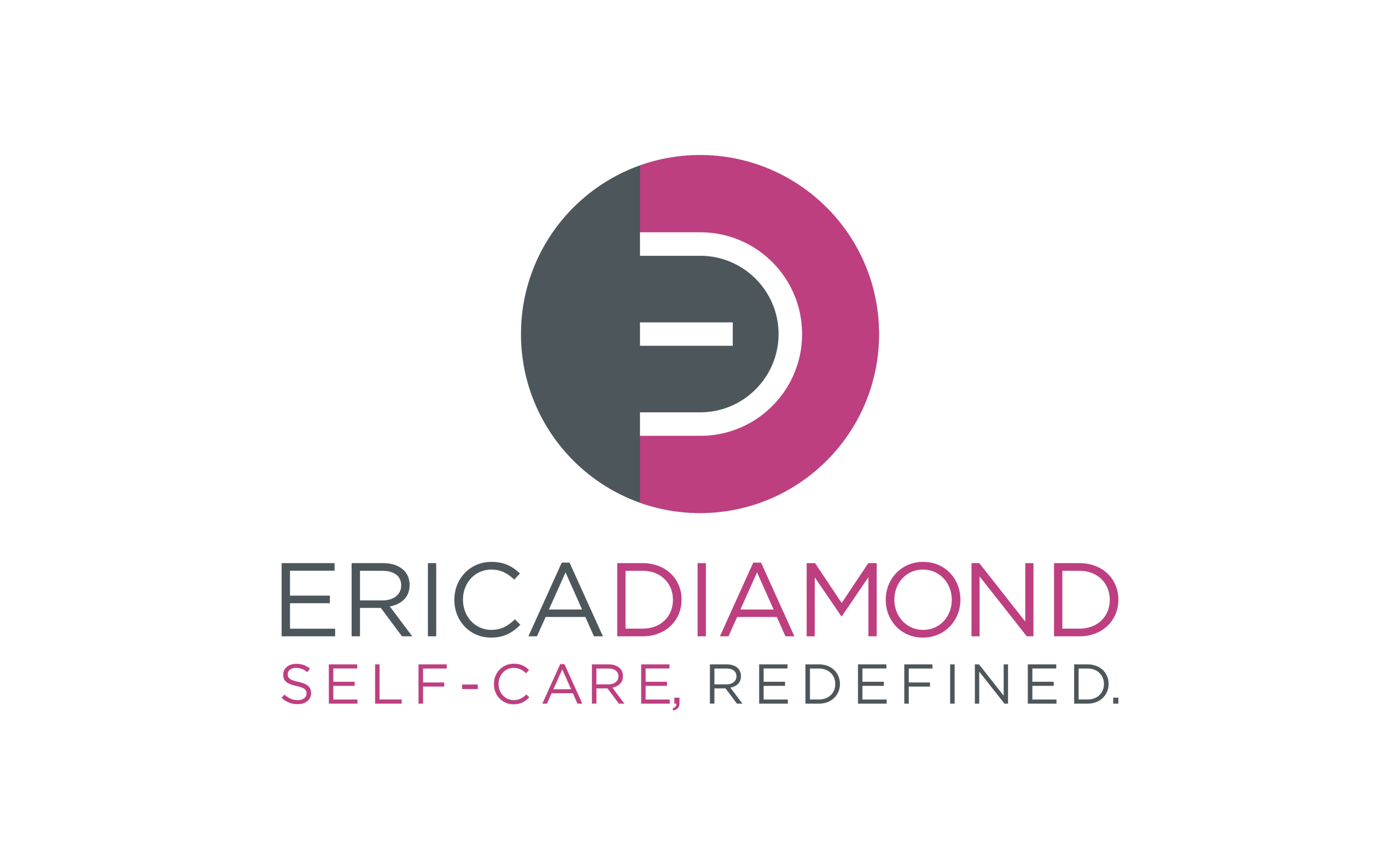


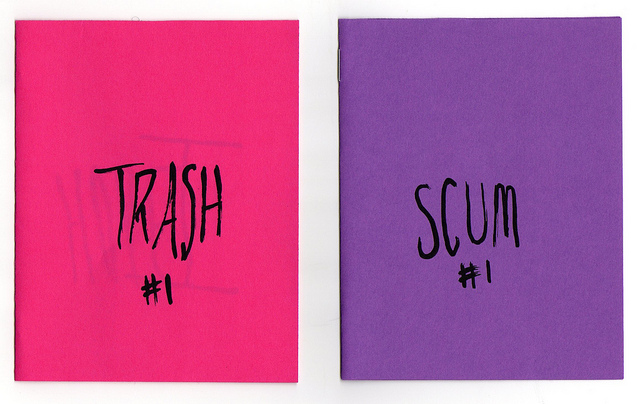

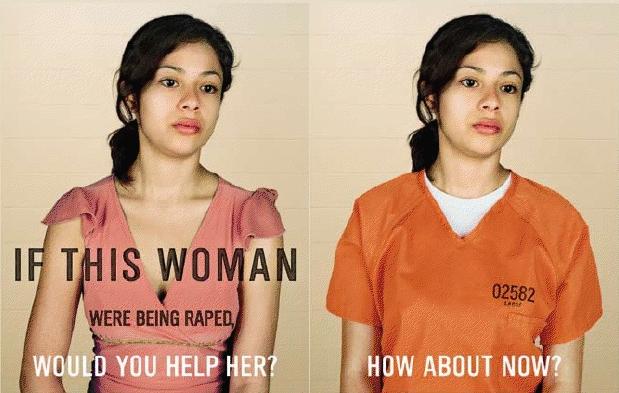

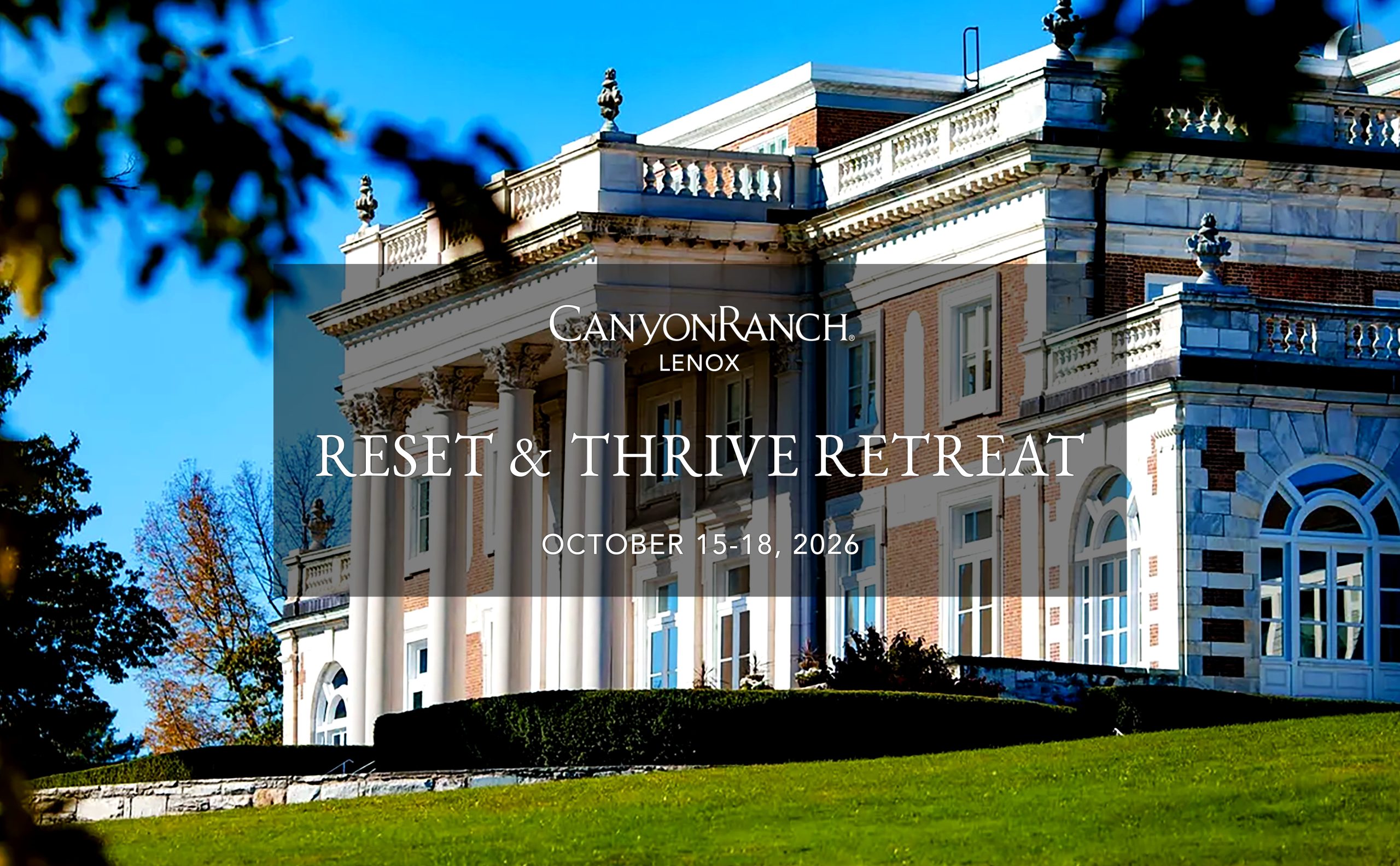

Some do , some don’t in my humble opinion, depending on a multitude of complex variables..great article and beautifully written ….certainly made the author’s perspective very clear.
It isnt so much who “deserves” our efforts at rehab. The matter lays in what is right and wrong, what’s smart and economical. I’m trying to get people to understand that its just the right thing to do.
Thanks so much for the compliment! It is appreciated.
Kelly, I root for mankind. I cheer for the underdog and I believe people deserve a second chance. Please help me in the area of compassion for men who harm children. I just have a hard time with things like that…
Where I am able to feel some compassion is for people who harm others due to mental illness. But cold-blooded killers, rapists, I struggle with that. Anything you can offer would be helpful.
It’s hard to care about a mean person. That’s just a fact. What if we focus on having empathy for prisoners instead of compassion? It benefits our selves in the end as well as our whole society to have enough empathy to find out what went wrong and fix it. Even if the fixing is just a lifetime in prison with therapy.
I believe all inmates should be in therapy not only related to the crime but to the period of adjustment that follows being incarcerated. There are always extenuating circumstances to an inmates guilt or innocence that will affect the inmates demeanor going in and leaving. I believe taking a therapeutic approach to all inmates would be healthy for the inmates and their families. I think its important to also include the family unit in the therapy sessions because they also need to learn similar coping skills so they can relate to their incarcerated family member in a manner that benefits the inmate.
Oh for sure, Wendy. Not only for the adjustment period and the crime but all the underlying issues that had a hand in that person being behind bars in the first place.
I so agree with you about family and friends. There really should be more programs for family of inmates. No one really thinks about the families of inmates. They hurt too.
Awesome! Although it is unimaginable for many, everyone deserves respect by virtue of the simple fact that we are all human! We, as a species need to put more of human back into the word, humanity! It could have been me, but for the grace of God, it could have been me. Thank you for the courage to share!
Your welcome! You comment “It could have been me.” Is something I say all the time. There are so many women on death row right now who were regular women living normal lives who were in the wrong place at the wrong time and ended up on death row.
Thanks very much Cynthia.
thank YOU for thanking me twice! 🙂
I cannot believe that people are stillgiving this woman column space ..Kelly Banaski is a fraud and parasite of the worse kind ..
A fraud, because she is consistent in her role as the mouth for those who wish to confide in her? Really and you have determined this through investigation and fact finding? If you are going to make those judgements on here, maybe you should share your research with us, to make such an accusation.
I mentioned you, Kelly, to Judy Neelley, who I’ve known for 25 years, along with her family. She did not give you the information you claim. Apart from anything else, you’ve got your facts wrong. Go away you stupid woman!!!
I have printed her letters on my blog in the past. Perhaps, she has lied? It is in her past behavior.
I don’t think it is cost effective or something a criminal is worthy of for us to all pay for how they turned out by funding their rehabilitation. Their parents should’ve thought about that earlier.
I believe in the “good” in people. I don’t necessarily believe it’s my place to “judge.” I also believe that guilty is guilty. Judith Ann Neelley is guilty of torture and murder. She made her “profession of faith” on two different occasions: first to get out of the Rome YDC and again to get her sentence commuted. The makes her a murderer and a liar. She should never have access to people outside of prison again. Life or Death she should never be free again.
You’re sick…to sympathize or empathize with someone who is a criminal especially a murderer? Justifying a crime makes me cringe especially in the Neelly case. Get help, now!
As a surviving victim of a pedophile who was kidnapped and used and abused…. my question is when do we receive some consideration? I always hear about the offender not the victim. Judith Ann Keeley is a pedophile and sociopath. So she deserves more consideration because she is a female? If she were a male no one would care if he lived or died. And statistically they reoffend . She claims God now. Of course I’ve seen it a thousand times. That is their crutch. Do any of you know she was in a relationship [lesbian] and she convinced this woman to commit suicide? She succeeded …. does that sound like a change to you? No.. She was involved of another death from her prison cell. I abhor when people speak without all of the facts.